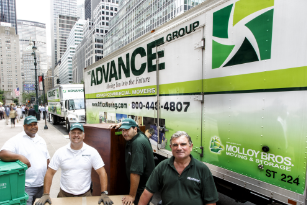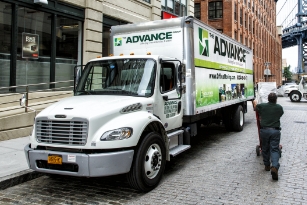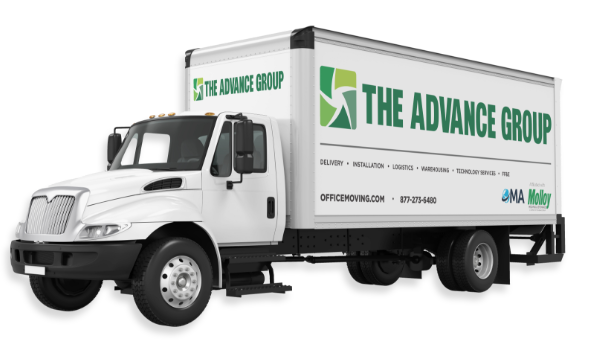The Challenges of Relocating a Successful Restaurant

Managing a profitable restaurant is a challenging task. It takes a harmonious blend of quality cuisine, exceptional service, and a welcoming ambiance to win customers’ hearts. However, even a thriving establishment may need to relocate for various reasons, such as lease expiration, city planning issues, or a larger space. While the prospect of a new venue brings excitement, relocating a successful restaurant presents many unique challenges that must be meticulously managed to maintain business continuity and customer satisfaction.
1. Maintaining Customer Loyalty
One of the biggest challenges of relocating a successful restaurant is maintaining customer loyalty. Regular patrons accustomed to the location’s convenience and familiarity may hesitate to follow the restaurant to a new spot. Building customer loyalty over time is a monumental effort, and losing it can be detrimental.
Effective communication is critical in this scenario. Keeping patrons informed through newsletters, social media, and in-person announcements about the move, the reasons behind it, and the benefits of the new location can help retain their interest and trust. Additionally, offering special promotions or incentives for loyal customers to visit the new location can help ease the transition.
2. The Cost Factor
Relocating a restaurant is an expensive endeavor. Costs can mount quickly, from renovation and interior design to moving equipment and marketing expenses. There’s also the potential loss of revenue during the transition period when the restaurant might be closed temporarily. Ensuring that the financial implications are well-planned and budgeted for is crucial.
Securing adequate funding and preparing for unforeseen expenses can make a significant difference. This might include negotiating favorable lease terms for the new location, applying for business loans, or exploring cost-cutting measures without compromising quality.
3. Staff Retention
Another crucial aspect is retaining skilled staff members during the move. Employees might live near the original location and may not be willing or able to commute to the new site, leading to staff turnover. Losing experienced employees can affect service quality and disrupt restaurant operations.
Addressing staff concerns early on and offering transportation allowances or relocation assistance can help alleviate uncertainties. Furthermore, fostering a positive work environment and recognizing staff contributions to the restaurant’s success can incentivize employees to stay through the transition.
4. Permits and Regulations
Relocating a restaurant also involves navigating various permits and regulatory requirements, which can be time-consuming and complicated. Each locality has its building codes, health and safety regulations, and zoning laws that must be meticulously followed to avoid legal issues.
Employing a knowledgeable consultant or working closely with local authorities can streamline this process. Ensuring compliance and obtaining all necessary permits well in advance can prevent delays and setbacks.
5. Logistics and Timing
Coordinating the logistics of moving a restaurant requires strategic planning. This includes managing the transportation of equipment, furniture, and inventory to the new location with minimal disruption. Timing is essential to reduce downtime and ensure a smooth transition.
Creating a detailed timeline and checklist can help you stay organized throughout the move. Hiring professional moving services experienced in restaurant relocation can ensure everything goes as planned. Know that a restaurant relocation is more than just moving furniture. Vet potential movers based on their experience in breaking down, transporting, and setting up in the new location. From FF&E moving to coordinating and installing new equipment and transferring existing equipment, an experienced commercial mover will ensure you are ready for the grand opening.
While relocating a successful restaurant can present challenges, it can also present opportunities for growth and improvement. By addressing customer loyalty, managing costs, retaining staff, navigating permits, and meticulously planning logistics, restaurant owners can ensure a seamless transition to their new location. Successful communication and strategic planning are critical to overcoming these hurdles and providing exceptional dining experiences for new and loyal patrons.
Contact The Advance Group to begin your successful restaurant relocation.








